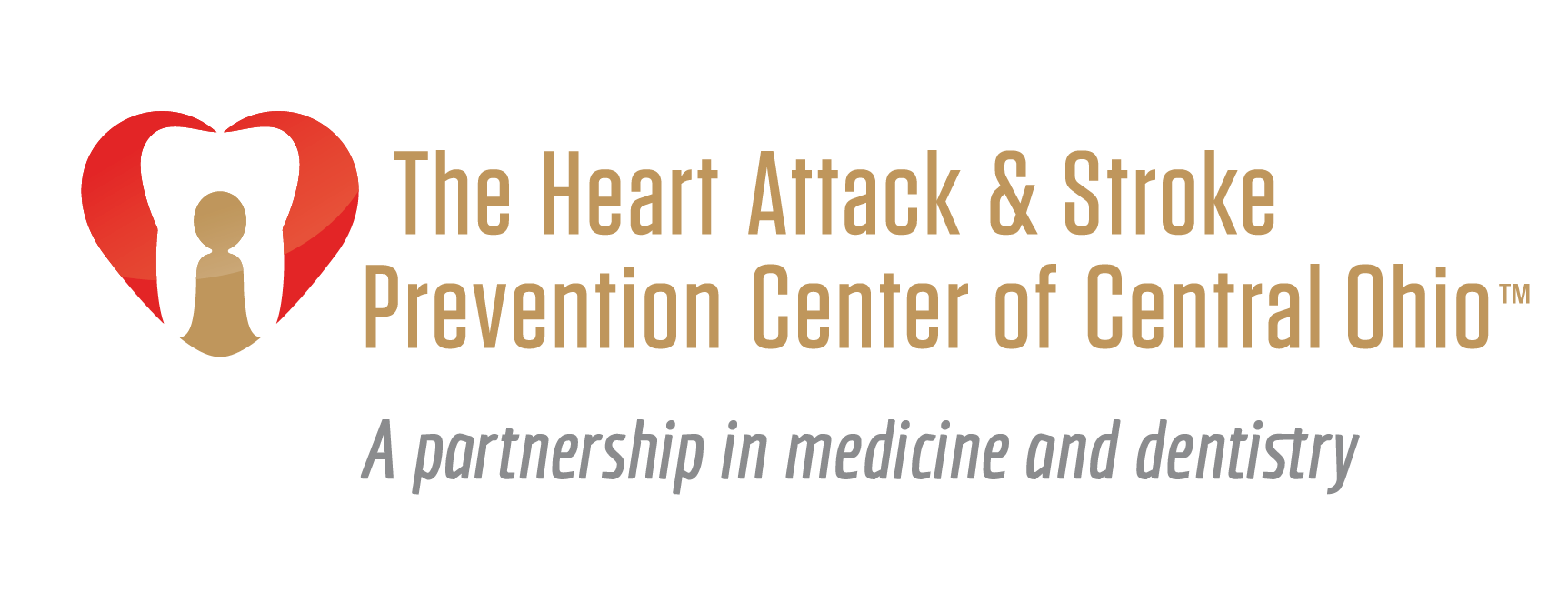Preventing Heart Attacks and Strokes: How We Focus on Your Proactive Care
- Eric Goulder, MD, FACC

- Sep 3, 2024
- 2 min read
Have you or a loved one ever experienced the shock of a heart attack or stroke and wondered, “Could I have done something to prevent this?” The truth is, heart attacks and strokes are not inevitable—they are preventable. At the Heart Attack and Stroke Prevention Center of Central Ohio, Dr. Eric Goulder and his team are dedicated to making these serious health events a thing of the past. Our primary focus is on preventive care, using a comprehensive approach that ensures you never face a heart attack or stroke while under our care.
Identifying Your Risk: Our Comprehensive Testing Approach for Preventing Heart Attacks and Strokes
To effectively prevent heart attacks and strokes, we first need to assess your individual risk. Our multi-faceted approach includes several key tests and evaluations as the first step. Below is a partial list of tests, providing a representative sampling of what is included in our initial assessment:
Family History and Genetic Testing: Understanding your family history is crucial in assessing your risk. We examine any genetic predispositions to cardiovascular disease through advanced genetic testing. This allows us to identify specific risk factors that could make you more susceptible to heart issues, and even the type of diet that is best for your body. Knowing these risks empowers you to take proactive steps toward prevention.
Carotid Intima-Media Thickness (CIMT) Scans: CIMT scans are an essential tool in detecting early signs of arterial blockages. By measuring the thickness of the carotid artery walls and presence of plaque, we can look for evidence of disease, unlike the traditional Carotid Artery Scan or a Stress Test.
Glucose Tolerance Testing: High blood sugar levels can be a significant risk factor for cardiovascular disease. A glucose tolerance test helps assess how well your body processes sugar and can identify potential issues like insulin resistance or diabetes that might increase your risk of heart disease.
Advanced Lab Testing: This advanced inflammation testing provides additional and complementary insight into cardiovascular risk beyond standard cholesterol testing alone. This inflammation testing consists of simple blood and urine biomarkers that identify inflammatory risk across a risk spectrum.
The BaleDoneen Method: Uncovering the Root Causes of Inflammation
To further refine our understanding of your cardiovascular health, we use the BaleDoneen Method's Root Cause Tree. This innovative approach allows us to trace inflammation back to its source, helping us identify early signs of potential problems. By understanding the root causes of inflammation, we can take targeted actions to address these issues before they develop into more serious conditions.
Extend Your Lifespan and Your Health Span
Once we’ve assessed your risk, our focus shifts to creating a personalized treatment plan tailored to your lifestyle and needs. Our goal is not just to extend your lifespan but to also extend your health span—the quality and independence of your life as you age. By focusing on preventive care and addressing the root causes of potential issues, we help ensure that you can enjoy a long, active life with your loved ones.
Heart attacks and strokes are optional! Contact us today to take control of your cardiovascular health and start on the path to a healthier future. At the Heart Attack and Stroke Prevention Center of Central Ohio, we are here to support you every step of the way.





Comments